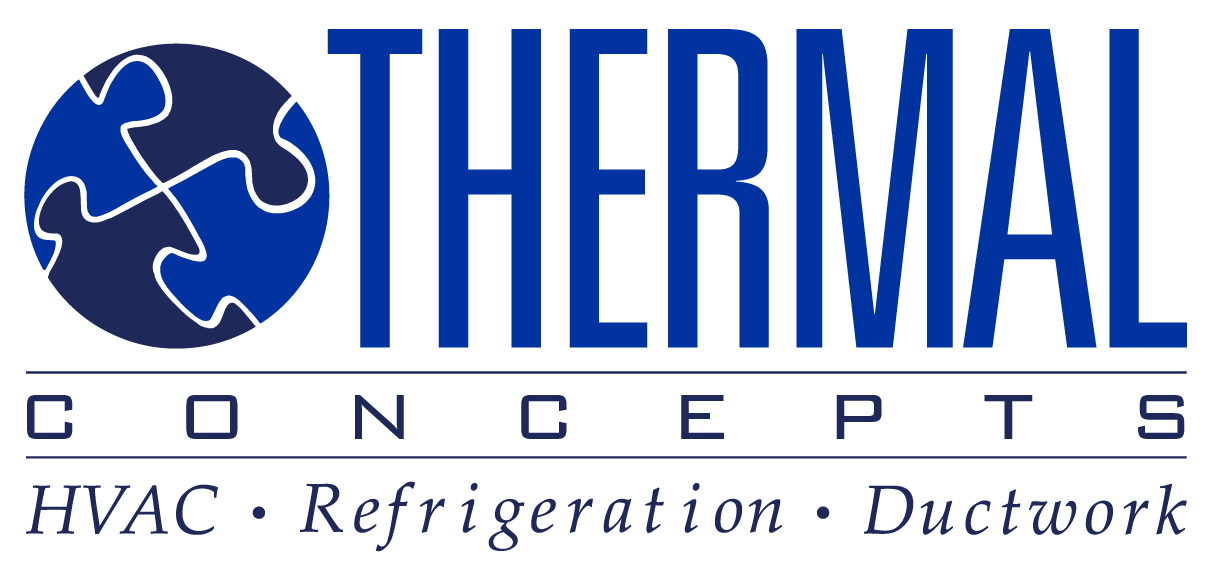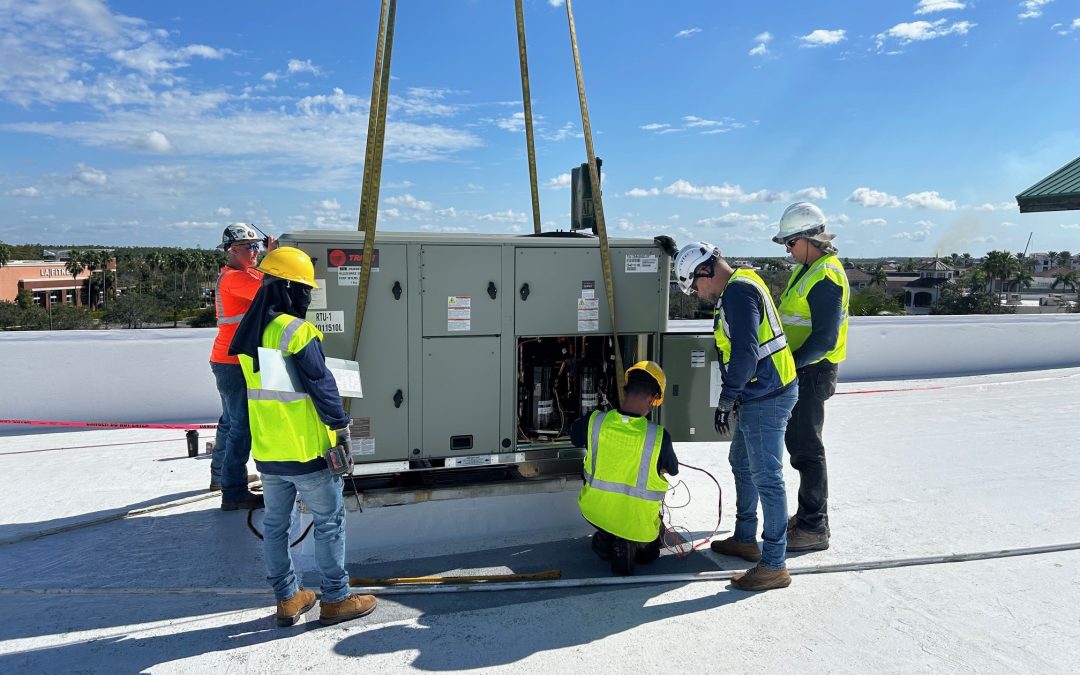
Signs Your Commercial HVAC System Needs Maintenance Before Summer
It’s the scenario no business owner wants and few anticipate: on a sweltering summer day, rather than providing respite and an enticing sales opportunity, your shop is stifling, as the HVAC system gives way at the worst time.
It’s a problem that doesn’t just affect retailers. Schools, manufacturing facilities, hotels, healthcare facilities, and other commercial properties face the challenge of keeping their spaces comfortable when the weather gets warm.
That’s why, as summer approaches, the reliability of your commercial HVAC system becomes so important. It impacts everything from customer comfort and satisfaction to employee productivity and well-being.
Fortunately, HVAC systems often give warning signs before a major failure occurs. Recognizing these signs early allows you to schedule preventive maintenance and avoid peak-season emergencies.
Why Pre-Summer HVAC Service Matters
Scheduling HVAC maintenance before the summer rush is a strategic move. It helps you avoid the stress and higher costs often associated with emergency repairs during peak demand.
Most importantly, preventive maintenance ensures your system runs efficiently when it’s needed most.
HVAC units are more vulnerable to breakdown during hot summer months as they work harder and longer to keep your spaces cool.
Often, HVAC system failures are not catastrophic. They are caused by cascading minor issues that can be proactively prevented to keep your system operational year-round while avoiding expensive emergency repairs (emergency repair services often cost up to 30% more than scheduled maintenance) and significantly reducing energy costs compared to companies running neglected systems.
Investing in proactive maintenance is a cost-effective way to ensure a comfortable environment and avoid significant disruptions to your business.
Five Signs Your Commercial HVAC Needs Attention
Scheduling preventive maintenance is the best way to ensure that your HVAC is ready to take on the summer heat.
At the same time, be alert to these common indicators that your system requires professional attention.
#1 Strange Noises
Don’t ignore grinding, rattling, squealing, or banging sounds when the AC unit turns on or operates.
These noises often signal problems with the motor, worn-out belts, or loose components that need immediate inspection.
#2 Unusual Smells
Musty odors can indicate mold or mildew growth in the ductwork or unit itself, impacting air quality.
Burning or electrical smells are more urgent, potentially pointing to a failing motor, overheating components, or wiring issues that pose a safety risk.
#3 Inconsistent Airflow & Temperatures
Are you receiving complaints about certain offices, workspaces, or rooms being too warm or having weak airflow, while other areas are fine?
This inconsistency, or temperatures not matching the thermostat setting, can point to ductwork leaks or blockages, thermostat malfunctions, or be an early sign of component failure.
#4 Frequent Cycling
Pay attention if your HVAC system begins turning on and off more frequently than usual.
This condition, known as short cycling, often indicates an underlying issue, such as a thermostat failing to register temperatures accurately.
More than just an annoyance, short cycling places significant stress on HVAC components like compressors and fans, accelerating wear and tear and severely shortening your equipment’s operational lifespan, leading to premature replacement costs.
Preventive maintenance can identify and fix this, and modern building automation systems can often be configured to monitor for and flag this problem.
#5 Rising Energy Bills
While energy use naturally increases during the summer, an abnormal spike in your energy bills without a corresponding increase in usage is a red flag.
Inefficient operation – caused by dirty coils, low refrigerant, duct leaks, or failing parts – forces the system to work harder and consume more energy.
Considering HVAC systems can account for a significant portion of a commercial building’s energy use, maintaining efficiency is key to managing costs.
Identifying and addressing the signs above will help keep your HVAC from malfunctioning when it’s needed most, but a regular preventive maintenance schedule is the best defense against unexpected failures and inefficiency.
Ideally, commercial HVAC systems should receive quarterly maintenance, including tasks like filter changes and coil cleaning, that stop small problems from becoming big issues.
Plan to Stay Cool This Summer
Don’t let HVAC issues disrupt your business this summer. While you can’t anticipate every problem, you can ensure your HVAC system is ready to take on the heat.
Contact Thermal Concepts today for a pre-season inspection and preventive maintenance plan.
Visit our website at https://thermalconcepts.com or call us at 1-954-472-4465 to schedule your service appointment.

